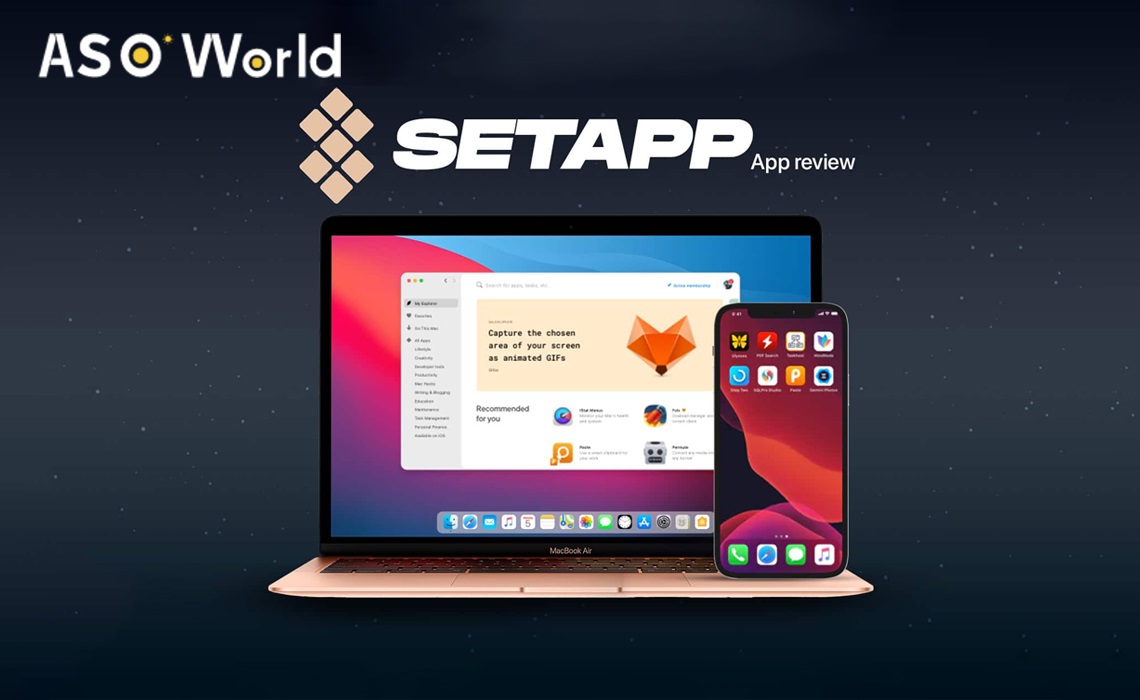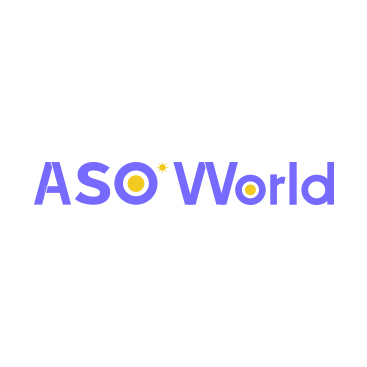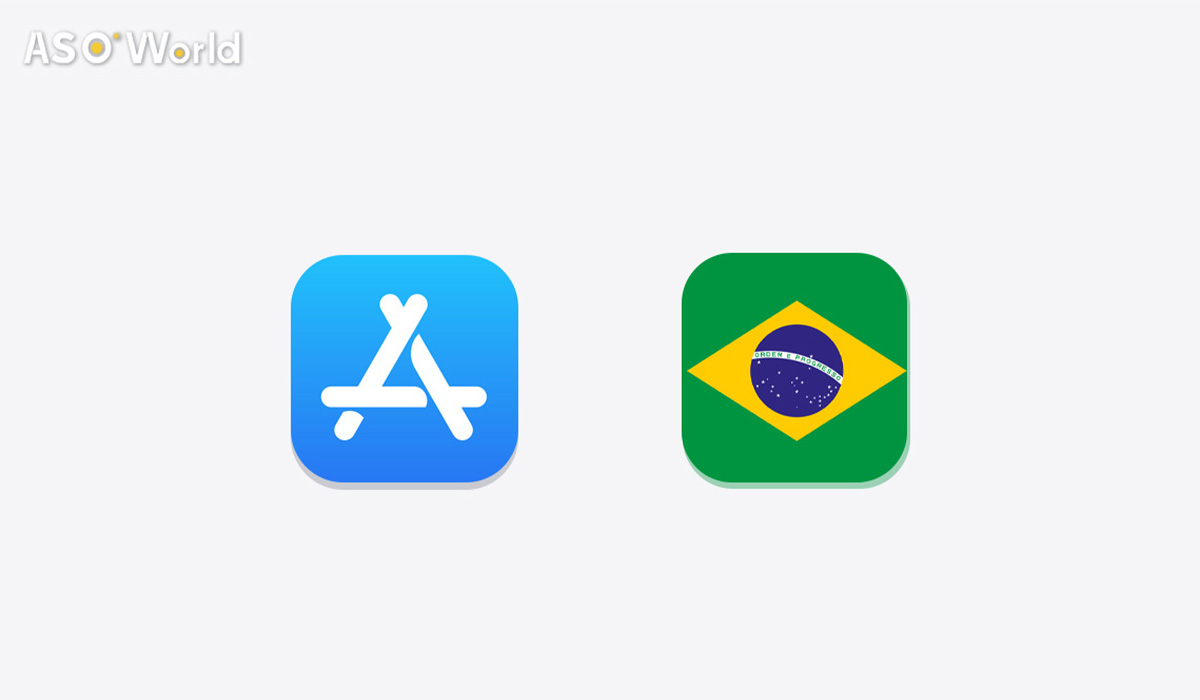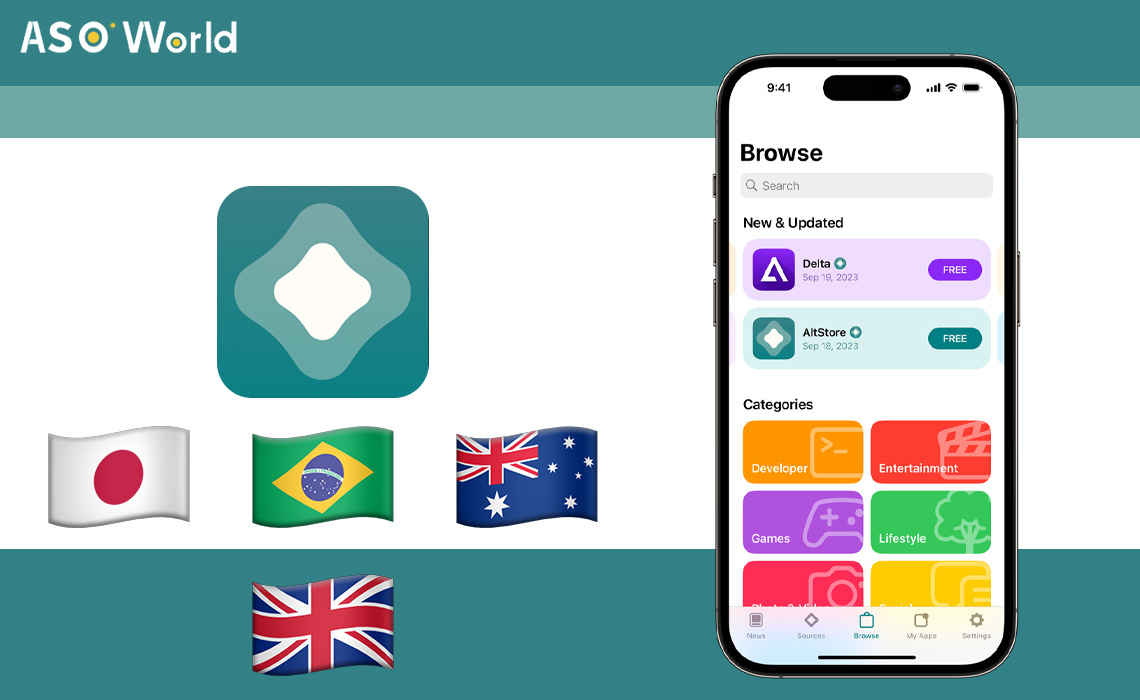In a strategic move set to challenge the status quo, app subscription service Setapp is gearing up to launch its very own app store, positioning itself as a fresh alternative to the dominant Apple App Store. The company is capitalizing on the forthcoming changes in EU regulations, specifically the Digital Markets Act (DMA), which is set to empower users to install apps on iOS devices without being restricted to Apple's ecosystem.
Revolutionizing Revenue Sharing for Developers
Setapp, known for offering a monthly subscription that grants access to over 240 Mac apps spanning utilities, productivity tools, customization options, lifestyle enhancers, and more, is venturing into uncharted territory. In a bid to attract developers, the company is offering an enticing revenue sharing model.
While Apple typically maintains a 70/30 revenue split with developers for app sales, Setapp is revolutionizing this arrangement by sharing an additional 20% with developers who bring in new customers. This innovative approach enables developers to potentially earn up to a remarkable 90% of Setapp's user fees each month.
A Thriving Ecosystem of Collaborators
Setapp's ambitious move is bolstered by its partnership with over 30 developers who are eager to offer their apps through the forthcoming standalone app store. Some notable collaborators include Ulysses, Taskheat, NotePlan, PDFSearch, and Soulver. However, Setapp's doors are still open to more developers who wish to join this thriving ecosystem. The company's visionary goal is to not only support iOS-only developers but also provide them with a platform that facilitates user acquisition and revenue growth.
Apple's Response and Uncertain Future
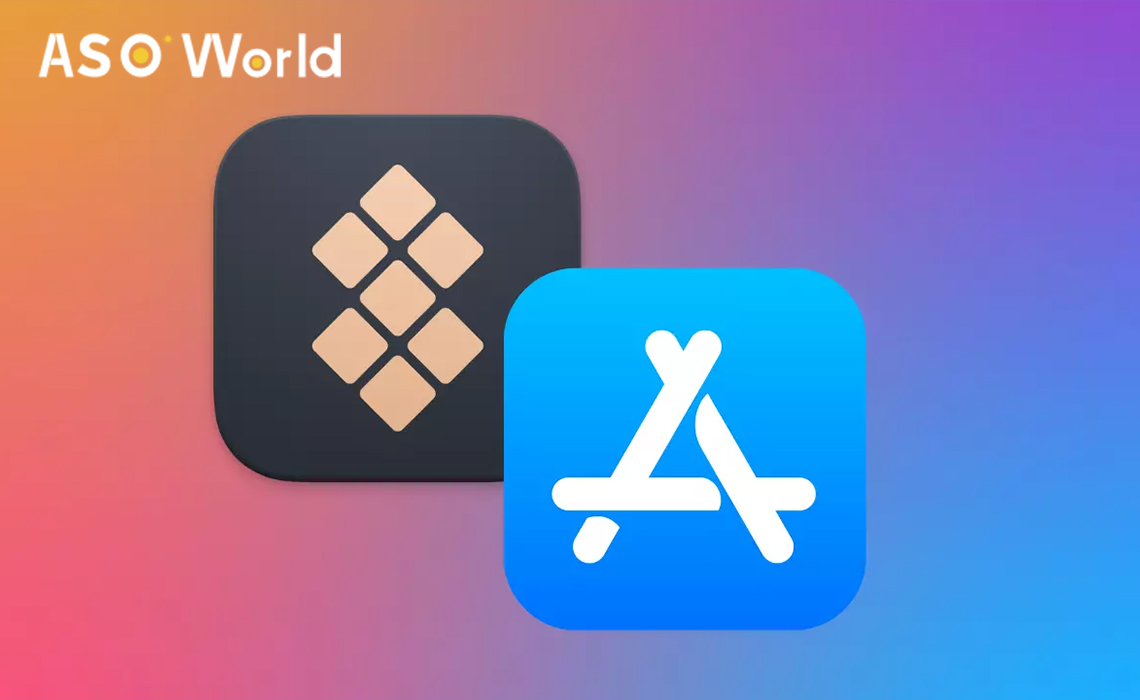
In the backdrop of Setapp's audacious endeavor, the behemoth in the field, Apple, is wrestling with its own response to the changing landscape. Reports from December 2022 indicated that Apple might be willing to permit alternative app stores on iPhones and iPads, aligning with the forthcoming DMA rules.
While concerns about security risks linked to "sideloading" apps from non-official sources persist, Apple is exploring various strategies for this paradigm shift. This includes discussions about potential verification fees for apps from third-party stores.
Charting a New Path
As Setapp remains resolute in its belief that Apple devices will eventually need to accommodate other app stores, the company is proactively positioning itself as a potential pioneer in this evolving landscape. By offering developers a more favorable revenue sharing model and embracing the forthcoming EU regulations, Setapp is not only aiming to establish a distinctive market presence but also potentially catalyze a shift in the app distribution paradigm.
